Audio
Saraya O'Connell - Hotel Etico Independence Program
Ablequest by
2RPH3 seasons
22 March 2024
14 mins
Features an innovative hospitality industry training program for people with disabilities.

Ablequest is a series of 15 minute programs from Sydney's 2RPH which examine developments in assistive technology and initiatives for people living with a wide range of disabilities. Presented by Barbara Sullivan, Marni Roper and Elaine Wziontek.
In this edition:
Hotel Etico in the Blue Mountains offers a training program in hospitality for young people with disabilities. Elaine Wziontek spoke to Saraya O'Connell, hotel manager, about the program and the achievements of her trainees.
Original broadcast date: 22.03.24
Speaker 1 00:04
With information on the latest developments in assistive technology and initiatives, from the studios of 2RPH in Sydney, RPH Australia brings you AbleQuest. Hello, I'm Barbara Sullivan. Today's guest is Sarea O 'Connell, the manager of Hotel Etico in the Blue Mountains outside Sydney.
Speaker 1 00:32
Sarea says her hotel is a social enterprise business, offering fantastic dining and holiday experiences, but also opportunities for young people with disabilities. They train in hospitality, everything from responsible serving of alcohol, customer service, housekeeping and food handling.
Speaker 1 00:50
And on their rostered workdays, the trainees stay in a dedicated apartment within the hotel. Already, its program of hiring and training workers with disability has seen graduates work in tourism in other parts of New South Wales.
Speaker 1 01:05
Elaine Jontek spoke to her about the achievements of her trainees and the criteria for getting a position on the training program.
Speaker 2 01:12
Welcome to AbleQuest, Soraya.
Speaker 3 01:16
Thank you, thanks so much for having me.
Speaker 2 01:18
you're the general manager of the Hotel Etico. Where's that?
Speaker 4 01:23
So we're based in Mount Victoria, the very tip of the Blue Mountain. Beautiful, usually funny, sometimes a bit rainy, but in this very old manor building. Beautiful garden, beautiful hotel, right at the tip of the Blue Mountain.
Speaker 2 01:40
So understand your hotel is unique in that it's a social enterprise. What does that mean?
Speaker 4 01:46
So social enterprise is effectively the best way to explain it would be if a charity and a business had a baby, that would be a social enterprise. So we're a business for good.
Speaker 2 01:57
Great. Is that for the guests or for the staff?
Speaker 4 01:59
for everybody.
Speaker 2 02:01
And how did you get involved with it? Have you always worked in hotels and hospitality?
Speaker 4 02:06
My background, yes, I started in hospitality at the age of 14, so straight in the work for Australian hospitality. And then I moved into disability, the disability sector when I was about 19 and never really looked back.
Speaker 4 02:18
So then this opportunity came up and I saw it and I was like, well that can't exist. Hospitality was my very first start in employment and then my passion was disability. So merging the two into one, it was just perfect.
Speaker 2 02:31
So, what did you do in disability?
Speaker 4 02:34
I started when I was 19 as a sport worker. I've been through there's group home but then I stayed in day program for quite some time and then I went into the service manager of community services. We did the transition to from ADAC funding to NDIS funding and so the transition to that I managed all of Western Sydney at that time.
Speaker 4 02:56
I've done quite a lot pretty extensive within the service sector. It's so broad.
Speaker 2 03:00
Can you tell us what Hotel Etico does and tell us a little bit about the independence program?
Speaker 4 03:08
Yeah, so Hotel Edeco is a fully functioning hotel. We're open seven days a week to the public. We have 15 beautiful rooms. We have 120 -seat restaurants, beautiful bar, beer garden, outdoor area, corporate rooms, great wine lists, great menus.
Speaker 4 03:27
We're a destination. We're a hotel. And then we also have our NDIS side of things, so which is our program and the independence program. So the independence program is made up of two major components.
Speaker 4 03:42
The one -year program, the first independence program, which is the first year. So our trainees live on site. They have their own dedicated apartment, which we call the Academy of Independence. And they learn all areas of independence.
Speaker 4 03:57
They learn how to do their own grocery shopping, cook. Sometimes it's the first time that they've lived out of home, so they learn to live with people. They learn how to budget with a lot of life skills.
Speaker 4 04:08
It's a really holistic approach. And it's very hands -off support, so it's teaching. It's not necessarily doing things for them. So it's their apartment. They need to look after it. They need to maintain it.
Speaker 4 04:18
And then they also work in the business. So we train them to work in all areas of the hotel. And they're paid. They separate to training. They're also paid full -award wage from day one, fully integrated into the business, front and centre.
Speaker 4 04:33
And they learn all areas of the hotel. So we've got bar, restaurant, reception, housekeeping, functions, everything that it takes to run a hotel. They learn, and they're employed to do so as well.
Speaker 2 04:47
So these people's abilities are living with disabilities?
Speaker 4 04:50
Well, yeah, so we started with six and then we doubled the intake after that to 12 and now we have 15.
Speaker 2 04:57
15. And they learn how to be a barista, they learn how to save food, handling all of that.
Speaker 4 05:04
Yeah, so we partner with the outside RTO for those certificates because they're accredited certificates. We also have our own curriculum, which is based on the hospitality curriculum that you'll find in cert 1, cert 2, cert 3, but we've tailored it.
Speaker 4 05:18
We've made it really adaptable, learner friendly. I think imagine people with a disability have so many different needs and things like that, but every single learning need is different and we've adapted our program to be that.
Speaker 4 05:30
So we have one -on -one training, we have group training, we have repetition training, we have workshops, we have holistic approach as well. We have a well -being program. They learn to manage stress and they learn to do all of that as well.
Speaker 4 05:44
So that's the first week, the independence program and then the second year of the program, we actually transition them into open employment on full award wage as well. So when we partner with some of our partners, they're expected to pay full award wage as well.
Speaker 4 05:58
So the second year of the program, we support them, we find them the employment. So we've currently got all of our graduates have successfully secured employment, one currently still going through the recruitment process.
Speaker 4 06:11
So we support them, but we also support the employer to make any transition or anything that they need, training for the staff, adaptability if there's any access requirement, if there's any equipment, because we've worked with them for a year.
Speaker 4 06:28
We have that knowledge of the needs that they'll need in employment. So we've partnered with hotels such as the Fortune in the City, McQua, we've got Scenic World, the San Mont Hotel, Penrith Panthers now and a lot of our graduates are there and being supported by us for a further year.
Speaker 4 06:46
So if they need more, we support them, it's very tailored and adapted to what they need.
Speaker 2 06:53
And then there's ongoing support for the next year and perhaps even a bit more after that, isn't it?
Speaker 4 06:58
Yes, we're just a pathway. So we're a pathway to employment. We don't want to be their final destination. People with a disability and people without a disability, they're not going to be in the same job forever.
Speaker 4 07:08
So it's not about a job. The partnerships that we have with the employer, we really want to see disability differently as well. There's this massive, untapped resource within
Speaker 3 07:18
disability.
Speaker 2 07:19
So, Soraya, can you give us some specific examples of people who've got a disability and maybe been reluctant to get into hospitality, but they've done your course, been through your program, and then found a happy job?
Speaker 4 07:36
Yeah, yeah, so we've got quite a few examples really. I mean, one of our first trainees now graduate, he has autism and he didn't really come out of his room much, wasn't really sociable, didn't really have any purpose, didn't know what he wanted to do in his life, and so he joined the program at the moment.
Speaker 4 07:56
He's currently, so we supported him after employment as well. We found him at the Fairmont Resort in the kitchen, so he's been working in the kitchen there since he graduated, and just last year he actually signed and started his apprenticeship.
Speaker 4 08:12
So he is now a printer chef and probably one day will be a head chef of a very successful resort, no doubt. He's also got Shay, who's currently working at the Fullerton, who's front and centre, he's working there as a supporter, and then he's also working in the bar.
Speaker 4 08:30
He just absolutely loves it. There's so many stories I could talk forever. We've got one of our graduates, so he was working in housekeeping, he loved cleaning, loved housekeeping, and he was working at the soft hotel and went work for quite some time.
Speaker 4 08:44
He's just transitioned, they're going under renovations, he's just transitioned to a new employment where he's, I love housekeeping, but I want to further my career, so now he's going to be front and centre, he's going to work behind the bar of a five -star resort.
Speaker 4 08:59
So it's all about what they want to achieve and what their goals are for employment, but also their independent living, because obviously we have the two components that merge into one. So we've got some trainees who, their goal is to live independently, and I know one of our graduates is currently looking for rentals to live independently.
Speaker 4 09:20
It really depends on what their goals are, but the outcomes fix themselves. We have 100% success rate, we've got everybody in employment, one obviously going through the recruitment process now, but we've had some really great outcomes and some really, really great stories, but Quinn finding his apprenticeship paperwork I was in tears because it's just something he didn't know what he wanted to do and he's found this passion for cooking and this passion for learning and he sent me a message two days ago to say he's been a second week of pace and he's really loving it.
Speaker 3 09:56
Really great.
Speaker 2 09:57
So you're still looking for people to apply for a position?
Speaker 3 10:00
in the program?
Speaker 4 10:02
The one year program that we do, it intakes every year, so we have an intake currently underway and we've got 15 spots, we've had a few acceptances and that will start in May and then we've also got half start in May and then half start in July.
Speaker 4 10:16
We're always recruiting, we always want different people, different disabilities, we like to challenge ourselves as well, so you know, no disability is the same, we're always recruiting.
Speaker 2 10:27
So can you tell me what the criteria is for your program?
Speaker 4 10:31
So it's 18 to 35. You have to want to work. I think that that's a really big criteria. You have to want to have some goals around employment where you want to go and hospitality is a really hard job.
Speaker 4 10:44
So you have to want to be in hospitality or have a passion for it. But then again, some people also don't know that they have a passion for it. So that's our main criteria is 18 to 35 for the disability.
Speaker 4 10:56
We do have some restrictions on the physical access of the building, mostly because it's a heritage -listed building. But we are an NDIS provider and the supports are provided by NDIS, so you do have to be an NDIS participant.
Speaker 2 11:11
So how would they get in touch with you? Would they contact the hotel or is there a website?
Speaker 4 11:15
Yeah we have a website so you can contact the hotel and they'll put you in touch with our service manager or our training manager or myself but we have a website with an application form as well. You can find all of our details on our website, our phone numbers, our contact numbers and you can go from there and we'll always be in touch.
Speaker 2 11:33
You'd look up hotel www .hoteletico is that?
Speaker 4 11:37
Khamdorayu, yes.
Speaker 2 11:39
Hotel Etico, all one word, E -T -I -C -O.
Speaker 4 11:43
But also you can come in, we're a hotel, we're a business, come in for dinner, we've got live music every Friday, you can come in, you can talk to any one of the staff, if you really want to check it out, we can book you in for a program tour, you can come and have a look and see what we're all about and really talk to this current trainee for the day and see how it's impacted them.
Speaker 4 12:03
So lots of form of communication, we've got emails, we've got all social media, we've got Facebook, Instagram.
Speaker 3 12:09
LinkedIn.
Speaker 2 12:10
Sounds like you're encouraging more people with disability in the tourism sector. Removing the barriers, is that what you're doing?
Speaker 4 12:18
The thing is, though, we're a business and our trainees are front and centre, so even just by being a hotel and when you walk in the door as a guest, not all guests know what we do. And it's amazing to watch those guest transformations as they walk in the door and they see somebody with a disability checking them in at reception.
Speaker 4 12:37
It changes that viewpoint of people. So, yeah, we are removing barriers and we hope to do that. And we're working with the tourism sector to do that as well. We want to encourage our partners to be more inclusive and we expect our graduates to be front and centre and to show the world what they can do.
Speaker 2 12:56
That sounds very positive. Well, let's hope you get more people going forward. And what is your opinion about hospitality and disability? I mean, it's hard to get workers in lots of industries now, isn't it?
Speaker 4 13:10
Yeah, it really is. I think the hospitality sector is changing every day, I think, but it's always going to be there. We're always going to need workers, we're always going to need hardworking, dedicated employees, and people with a disability are such an untapped resource.
Speaker 4 13:24
They're loyal, they want to work, they have a passion for it, and they have amazing skills. People with a disability need the confidence of somebody to believe that they can do it, and then the industry needs support and to break down those barriers together.
Speaker 2 13:41
Well that was great of you to come on the program, thank you very much Soraya.
Speaker 4 13:45
Thank you so much for having me, and like I said, just please come and stay and come and experience the magic of Potoledica. It's really beautiful, amazing, amazing atmosphere, great life music, anybody's welcome.
Speaker 2 13:59
Thank you, you made us all feel very welcome. And that was Soraya O 'Connell, general manager of Hotel Etico in the Blue Mountains. And she was telling us about Hotel Etico's independence program.
Speaker 1 14:19
You have just been listening to AbleQuest, a program that looks at developments in assistive technology and initiatives. From Elaine Chontek and Barbara Sullivan, thank you for listening and goodbye till next program.
Continue listening

Blind Sports Australia CEO Matt Clayton speaks about its work with blind and vision impaired athletes across 21 sports.
Matt Clayton - Blind Sports Australia
Ablequest by 2RPH
5/5/2023
•13 mins
Audio

Vivid, Sydney's celebration of creativity, seen from a disability access focus by its director.
Gill Minervini - Vivid
Ablequest by 2RPH
19/5/2023
•14 mins
Audio

This program discusses dance movement therapy and how it works - featuring Cecilia King of the Dance Therapy Association.
Cecilia King - Dance Therapy
Ablequest by 2RPH
14 mins
Audio

What are the challenges of providing audio description on Oz TV? Hear Lauren Henley, Aust Federation of Disability Organisations.
Lauren Henley - Audio Description
Ablequest by 2RPH
16/6/2023
•14 mins
Audio

In Part 1 of a 2RPH interview, assistive tech expert David Woodbridge explores latest innovations to make everyday life easier.
David Woodbridge - Tech Update Part 1
Ablequest by 2RPH
30/6/2023
•14 mins
Audio

Features Robert Duff-Silsby of Luddi, Perth company developing assistive devices for all people and bodies.
Robert Duff-Silsby - Sexual Wellbeing
Ablequest by 2RPH
13 mins
Audio

In Part 2 of this conversation with 2RPH's Ablequest, expert David Woodbridge reviews latest assistive technologies.
David Woodbridge - Tech Update Part 2
Ablequest by 2RPH
28/7/2023
•14 mins
Audio

Matt Clayton of Blind Sports Australia and the Oz team's Chef de Mission, discusses the forthcoming World Blind Games in the UK.
Matt Clayton - World Blind Games
Ablequest by 2RPH
11/8/2023
•13 mins
Audio

Prof Kim Marriott of the Monash Assistive Technology and Society Centre, talks about the purpose and work of the Centre.
Kim Marriott - Monash Assistive Technology and Society Centre
Ablequest by 2RPH
25/8/2023
•13 mins
Audio

Ablequest features an interview with Serena Ovens, new CEO of Assistive Technology Supplies Australia or "ATSA".
Serena Ovens - Assistive Technology Supplies Australia
Ablequest by 2RPH
14 mins
Audio

Part 1 of an interview on the voice-activated app, Bindi Maps.
Anna Wright - Bindi Maps (Part 1)
Ablequest by 2RPH
14 mins
Audio

This is Part 2 of an interview with Dr Anna Wright, explaining how Bindi Maps works.
Anna Wright - Bindi Maps (Part 2)
Ablequest by 2RPH
14 mins
Audio

Artist Ebony Wightman of disability-led We Are Studios talks about art and challenge.
Ebony Wightman - We Are Studios
Ablequest by 2RPH
20/10/2023
•13 mins
Audio

Prof. Leeanne Carey discusses the SENSe program, her team's world-first therapy to help stroke survivors.
Leeanne Carey - SENSe Therapy
Ablequest by 2RPH
2/11/2023
•13 mins
Audio

Youthworks Accessibility Minister Bec Baines talks of making church accessible to young people with disabilities.
Bec Baines - Youth and Worship
Ablequest by 2RPH
16/11/2023
•14 mins
Audio

Nikki Hind, Australia's first blind fashion designer, discusses her work.
Nikki Hind: Blind Grit
Ablequest by 2RPH
1 December 2023
•14 mins
Audio

Dr Dimity Williams, family GP, recommends spending more time in nature - and a "green hour" each day.
Green Hour: Dr Dimity Williams
Ablequest by 2RPH
5 December 2023
•14 mins
Audio

Imagine sitting in a wheelchair for hours, being unable to move your fingers or arm to do simple things like pick up a glass.
Konstanze Hager - Bateo
Ablequest by 2RPH
Konstanze Hager - Bateo
•14 mins
Audio

Action Audio is a new language being created to transcend sport.
Machar Reid - Action Audio
Ablequest by 2RPH
Machar Reid - Action Audio
•14 mins
Audio

What a difference one person with experience, passion and energy can make to many lives.
Julie Ross-Edwards - Head High
Ablequest by 2RPH
Julie Ross-Edwards - Head High
•14 mins
Audio

Driver educator outlines what's needed for a person with disability to get a driver's licence.
Ronak Shah: on-road driving education
Ablequest by 2RPH
12 January 2024
•14 mins
Audio

Vision Australia's Christo Sarantakis talks of his life, blindness and assistive tech changes.
Christo Sarantakis of Vision Australia
Ablequest by 2RPH
26 January 2024
•14 mins
Audio

Introducing Australia's first pictureless feature film, TOUCH, showing in Sydney.
Majella Knobel: "Touch" - open air movie
Ablequest by 2RPH
9 February 2024
•14 mins
Audio

An expert discusses the use of horticultural therapy for people with disabilities.
Steven Wells: horticultural therapy
Ablequest by 2RPH
23 February 2024
•14 mins
Audio

Features articles on latest blind-assistive tech including a new bus app and smart ear buds.
Assistive tech news catchup
Ablequest by 2RPH
8 March 2024
•14 mins
Audio

Features an innovative hospitality industry training program for people with disabilities.
Saraya O'Connell - Hotel Etico Independence Program
Ablequest by 2RPH
22 March 2024
•14 mins
Audio

Guests discuss the Obi robotic dining assistant for people with upper arm disabilities.
Hugh Kingley and Rachel Dekkar: Obi
Ablequest by 2RPH
19 April 2024
•14 mins
Audio

A spy-themed computer program tackles the mystery of social encounters - outlined by its company's CEO.
Kathleen Davey - Social Science Translated
Ablequest by 2RPH
3 May 2024
•14 mins
Audio

A Sydney organisation delivers creative arts and life skills to people with disabilities.
ChoppA Green - Studio Artes
Ablequest by 2RPH
17 May 2024
•14 mins
Audio

An award-winning Central Coast NSW disability service shares its successful strategies.
Lonestar Makoni - Breaking Barriers Disability Services
Ablequest by 2RPH
31 May 2024
•14 mins
Audio

Part 1 of a conversation with an Australian neuroscience research pioneer about benefits of music in brain injury recovery.
Professor Sarah Wilson (part 1)
Ablequest by 2RPH
14 June 2024
•14 mins
Audio

Part 2 of a conversation with a leading neuroscientist of benefits of music in brain injury recovery.
Professor Sarah Wilson (part 2)
Ablequest by 2RPH
28 June 2024
•14 mins
Audio

A CEO talks about his company's award-winning assistive physical therapy device.
Justin Keenan - LusioMate
Ablequest by 2RPH
12 July 2024
•14 mins
Audio

Information about a program teaching good cyber-security practices to make daily life safer.
Jess Wilson: Be Connected
Ablequest by 2RPH
26 July 2024
•14 mins
Audio

A veteran print disability broadcaster with macular degeneration shares her experiences.
Teresa Plane - 2RPH
Ablequest by 2RPH
9 August 2024
•14 mins
Audio

The founder of a blind-assistive technology company shares latest developments.
Peter Ford - Control Bionics (part 1)
Ablequest by 2RPH
6 September 2024
•14 mins
Audio

Part 2 of an interview with the head of an innovative blind-assistive technology company.
Peter Ford - Control Bionics (part 2)
Ablequest by 2RPH
20 September 2024
•13 mins
Audio

Looks at a project to better inform refugee and migrant women on AI.
Good Things - Jess Wilson
Ablequest by 2RPH
4 October 2024
•14 mins
Audio

An expert with lived experience corrects some widespread misconceptions about stuttering.
Dale Williams - Stuttering Awareness Day
Ablequest by 2RPH
18 October 2024
•14 mins
Audio

An inventor discusses his an innovative cane tip to help people with blindness or low vision.
Peter Rickards - Sensaball
Ablequest by 2RPH
15 November 2024
•13 mins
Audio

Part 1 of an interview with an Australian expert on low-vision-assistive technology, on AI and other developments.
David Woodbridge (part 1)
Ablequest by 2RPH
29/11/2024
•14 mins
Audio

Conclusion of an interview with a leading Australian expert on blind-assistive technology.
David Woodbridge (part 2)
Ablequest by 2RPH
13 December 2024
•14 mins
Audio

Looks at the leading stroke treatment work of the Royal Rehabilitation Hospital, Ryde NSW.
Jason Redhead and Graham Cooper of Royal Rehab Ryde
Ablequest by 2RPH
10 January 2025
•14 mins
Audio

An innovative social media platform aims to address isolation and loneliness in the disability community.
Steve Bear - Alvie
Ablequest by 2RPH
7 February 2025
•12 mins
Audio

Australia's largest provider of Auslan sign services outlines its important work.
Brett Casey - Deaf Connect
Ablequest by 2RPH
21 February 2025
•14 mins
Audio

Looks at an Australian organisation's work at helping men seek help and build self-awareness.
Tommy Herschell - Find Ya Feet
Ablequest by 2RPH
7 March 2025
•14 mins
Audio

A speech pathoplogist discusses her work with young people's complex communication needs.
Denise West - Scope
Ablequest by 2RPH
21 March 2025
•14 mins
Audio

A vision-impaired disability rights advocate talks of her work and learning podcast skills.
Freya Wolf
Ablequest by 2RPH
4 April 2025
•14 mins
Audio

A leading Australian eye researcher talks of his team's work in creating new hope for people with retinal damage.
Raymond Wong - Centre for Eye Research Australia
Ablequest by 2RPH
18 April 2025
•14 mins
Audio

A wheelchair-using business owner, facilitator and car rally driver shares experiences and insights.
Mel Harrison - Sitting Low, Reaching High
Ablequest by 2RPH
2 May 2025
•13 mins
Audio
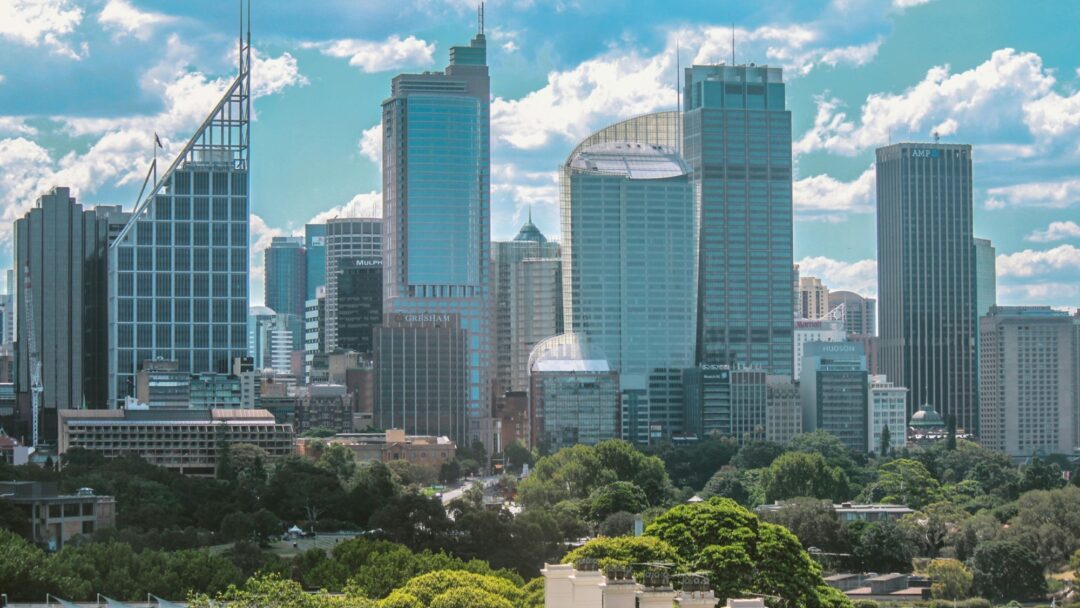
Disability Pride Month in July promotes awareness about people with disability and also celebrates individuals with disability.
Hannah Solomons - Sydney Disability Pride
Ablequest by 2RPH
Hannah Solomons - Sydney Disability Pride
•14 mins
Audio
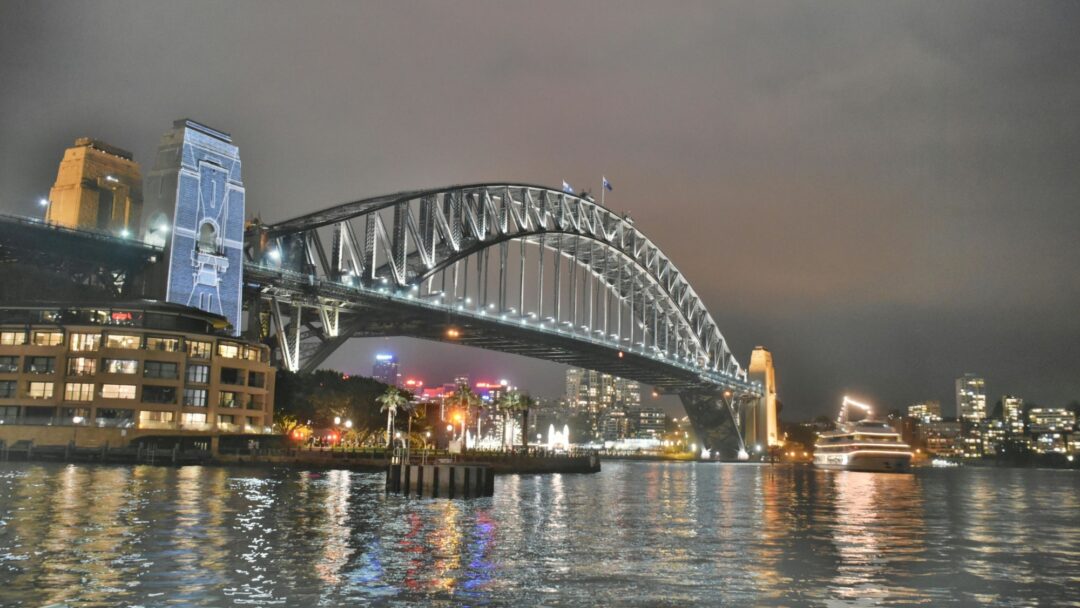
Deb Roach is a three-time pole dancing world champion yet she has only one arm.
Deb Roach
Ablequest by 2RPH
Deb Roach
•13 mins
Audio
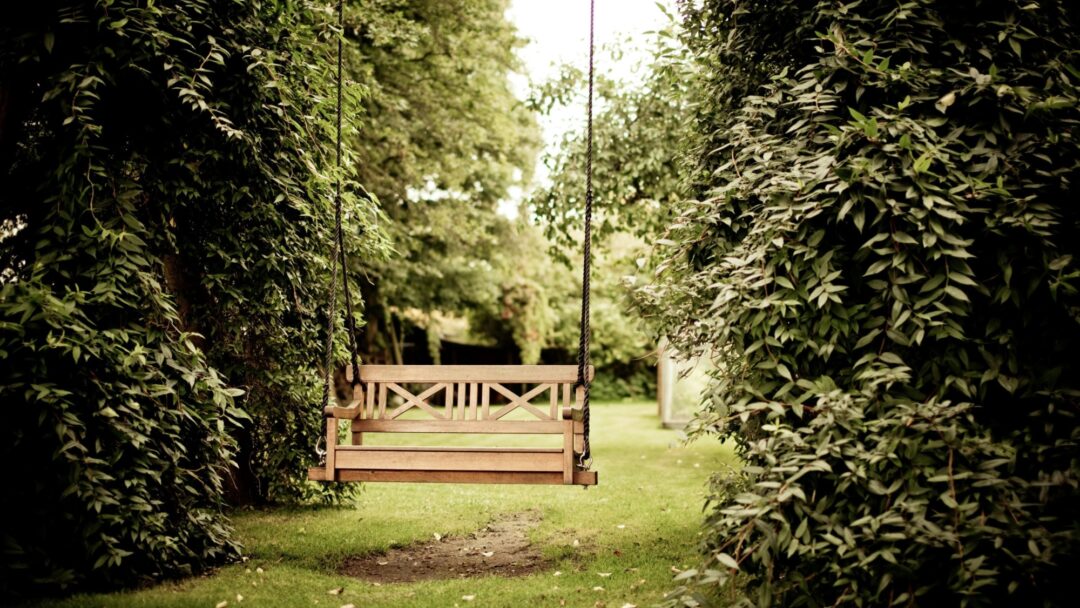
Being in nature is good for you whether it is being in the garden or walking along the beach.
Kayte Kitchen - Admirari Nature Therapy
Ablequest by 2RPH
Kayte Kitchen - Admirari Nature Therapy
•14 mins
Audio

Music can evoke emotions that bring back memories and the same is true for people living with dementia.
Zara Thompson - Music Therapy
Ablequest by 2RPH
Zara Thompson - Music Therapy
•14 mins
Audio
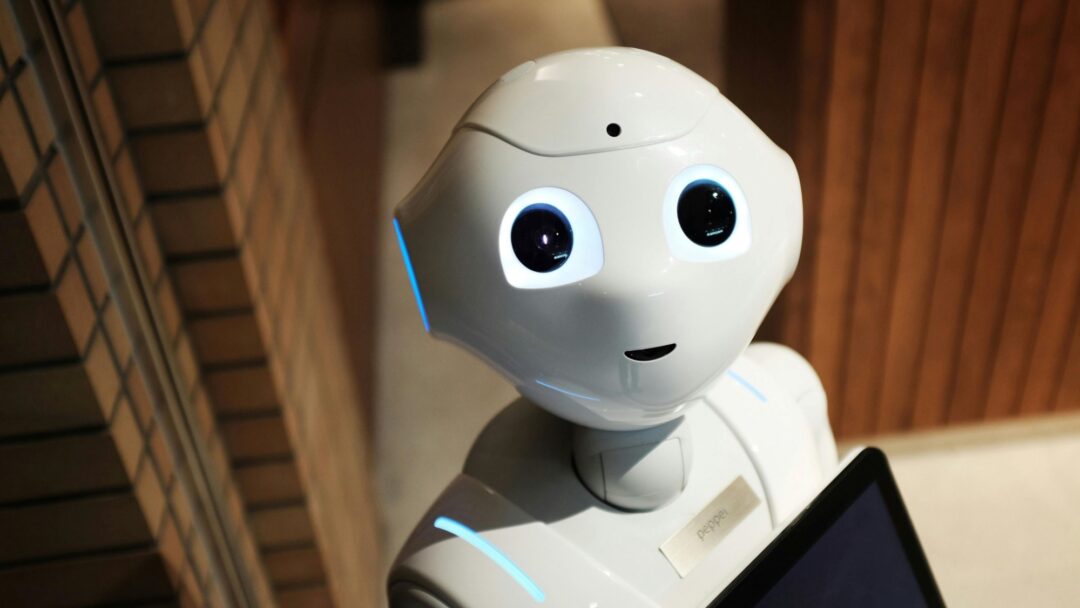
Laura Boccanfuso is founder and CEO of Van Robotics, a social robotics company based in South Carolina in the United States.
Laura Boccanfuso - Van Robotics
Ablequest by 2RPH
Laura Boccanfuso - Van Robotics
•14 mins
Audio

Two years ago Maggie O'Connell, in her mid 20's never had a full time job.
Maggie O'Connell - AFP
Ablequest by 2RPH
Maggie O'Connell - AFP
•14 mins
Audio
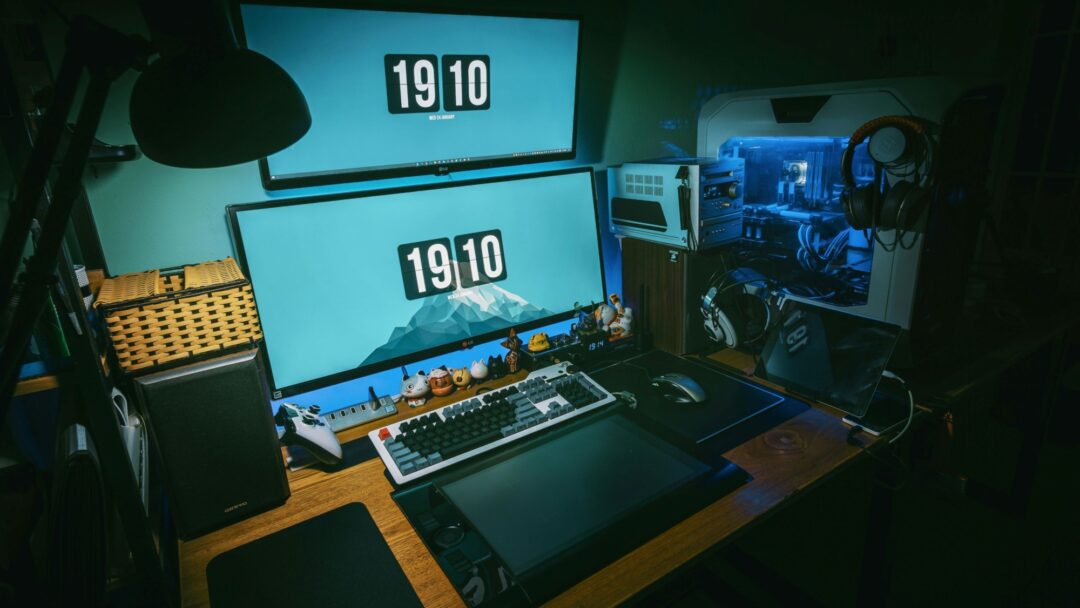
Julie Ross-Edwards, founder of Head High Disability Services, returns to Ablequest to speak more about Head High's philosophy and special approach.
Head High (Update)
Ablequest by 2RPH
Head High (Update)
•13 mins
Audio
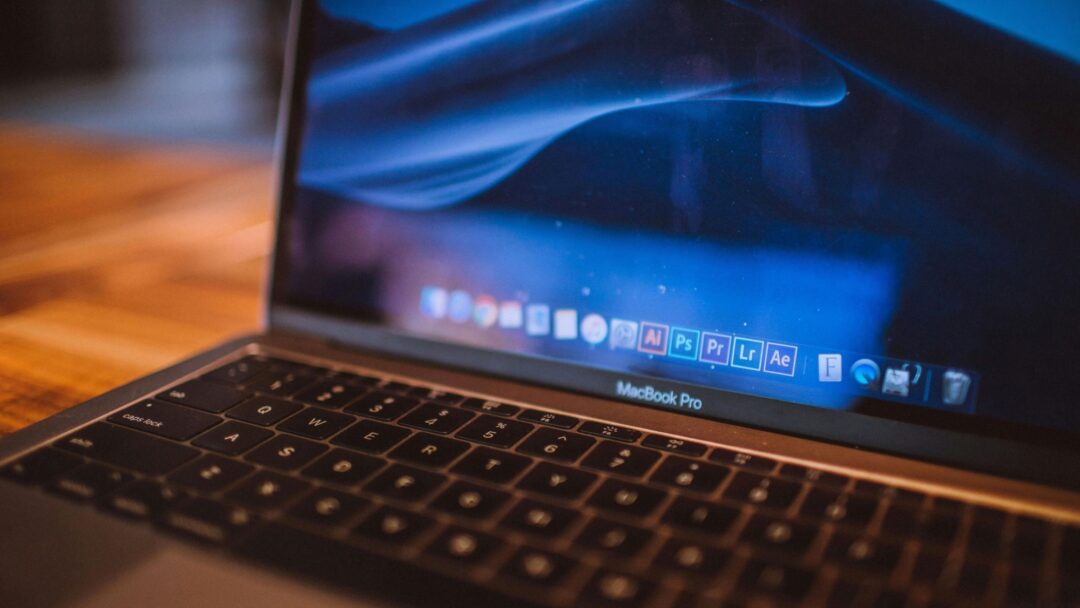
David Woodbridge, an expert in assistive technology for people with no or low vision, is a regular guest on Ablequest.
David Woodbridge
Ablequest by 2RPH
David Woodbridge
•14 mins
Audio

Pete Horsley is the Founder of Remarkable, a global start up and initiative of the Cerebral Palsy Alliance.
Pete Horsley - Remarkable Disability Tech Summit
Ablequest by 2RPH
Pete Horsley - Remarkable Disability Tech Summit
•14 mins
Audio